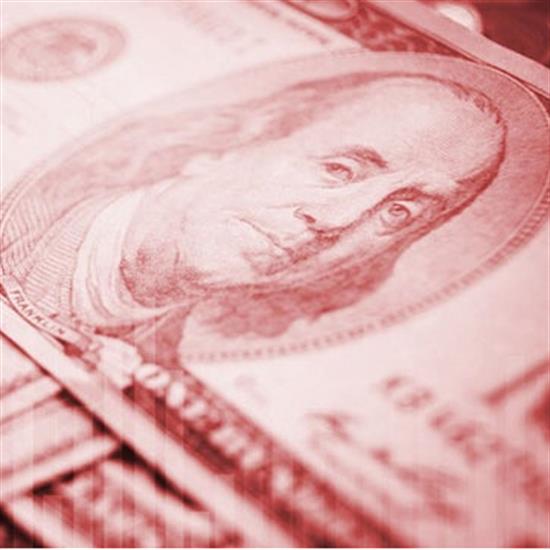The Hill: Ensuring everyone pays their fair shareThe Hill | By: Congressman Jimmy Gomez and Charlie Simmons
Washington,
November 15, 2019
This shouldn’t be a difficult decision for Congress to make. There’s no defense for continuing to allow the ultra-rich to pay little to nothing at all on millions of dollars in unearned wealth while the working class supports our country.
Most people have heard of the estate tax, or as it’s labeled by conservative fearmongers, the “death tax.” But few understand just how important it is, how weak it’s become in recent years, or why that matters.
Thanks to the 2017 Trump tax cut – one of the biggest wealth grabs in history – a couple can now pass on an estate worth up to $22.8 million completely tax-free. With such a high cutoff before you start paying any estate tax at all, this clearly isn’t something that prevents working class families from passing along their savings to their children and grandchildren. Rather, it’s one of the best defenses we have in addressing economic inequality – one of the defining challenges of our time – and pushing back against the growth of a new American aristocracy, one in which a small number of wealthy families get wealthier while working Americans fall further behind. It’s the only tax that many ultra-rich heirs will ever pay on the millions of dollars they’re inheriting. And unless you’re incredibly wealthy, you’ll never pay a cent of it. The current exemption limits of $11.4 million for an individual or $22.8 million for a couple are truly absurd. The vast majority of Americans are nowhere near passing on $11 million to their children, much less $22 million. In fact, the estate tax only affects about 1,800 of the wealthiest families in the country in a given year, many of whom pay a minuscule amount on massive inheritances. With the exemption limit at $22.8 million, someone can pass along $22,800,001 and pay just 40 cents total in estate tax. That inheritance is more than what most Americans will make in their entire lifetime, yet they pay less in taxes than what the average American pays on their salary for one hour of work, much less an entire year or lifetime. This system needs to change. That’s why the 99.8% Act is so important. It would lower the threshold to $3.5 million per individual, still protecting small, family-run businesses but requiring more from more wealthy estates. Even with the lower threshold, the bill would only affect the wealthiest 0.2 percent of Americans, leaving the tax bill of 99.8 percent of Americans completely untouched. It would also start taxing even larger estates at progressively higher rates. Fortunes of $20 million and $2 billion aren’t the same, and we shouldn’t tax them the same. The base tax of 45 percent would still apply to fewer than 6,000 estates, but as the value of the estates grow, the rate would increase – with the highest rate, 77, only applying to estates over $1 billion. This shouldn’t be a difficult decision for Congress to make. There’s no defense for continuing to allow the ultra-rich to pay little to nothing at all on millions of dollars in unearned wealth while the working class supports our country. |


